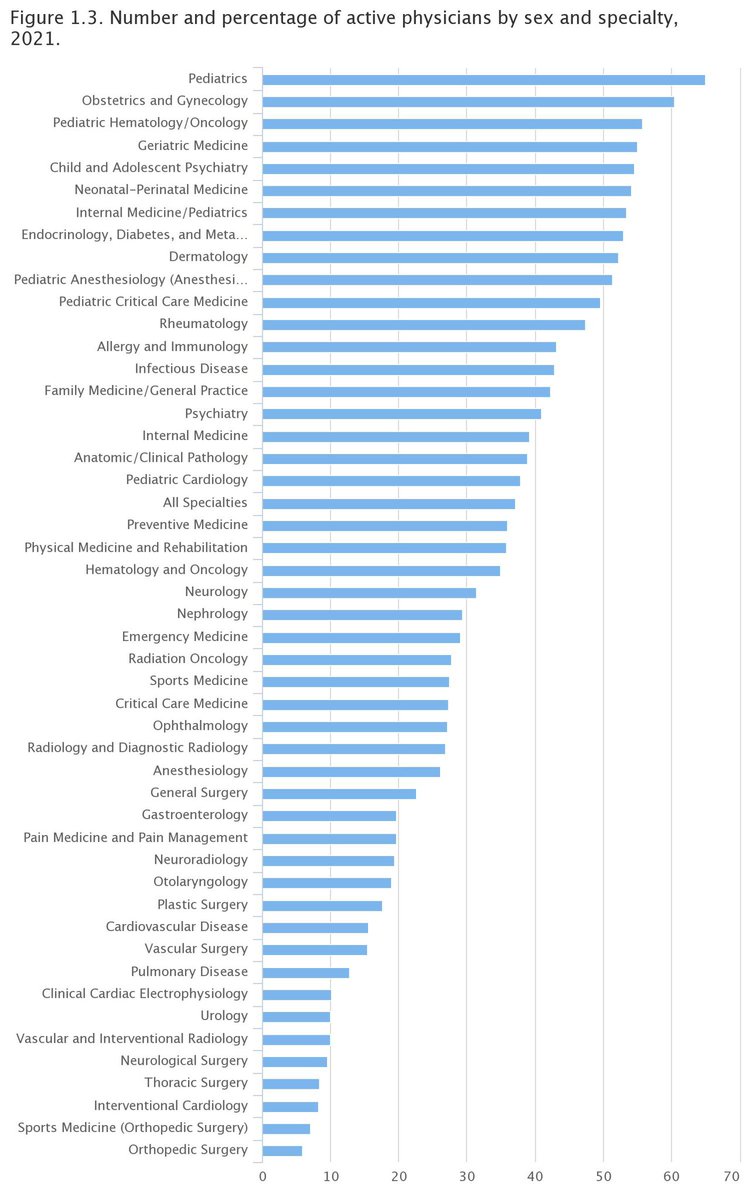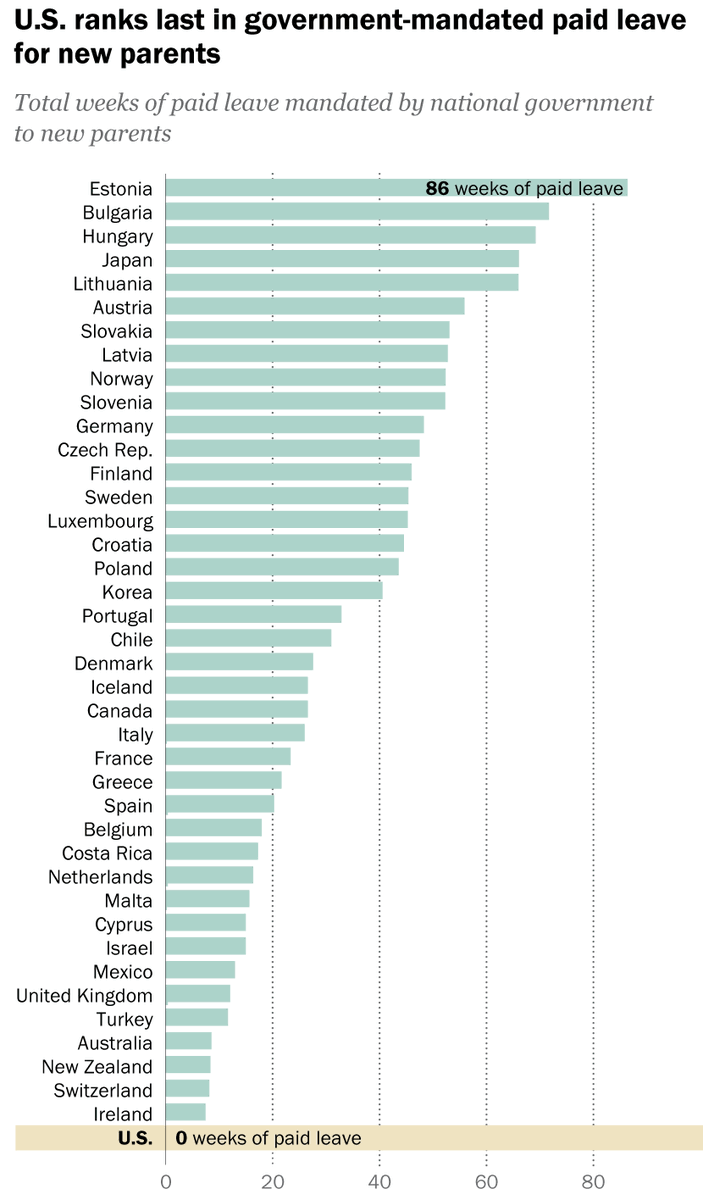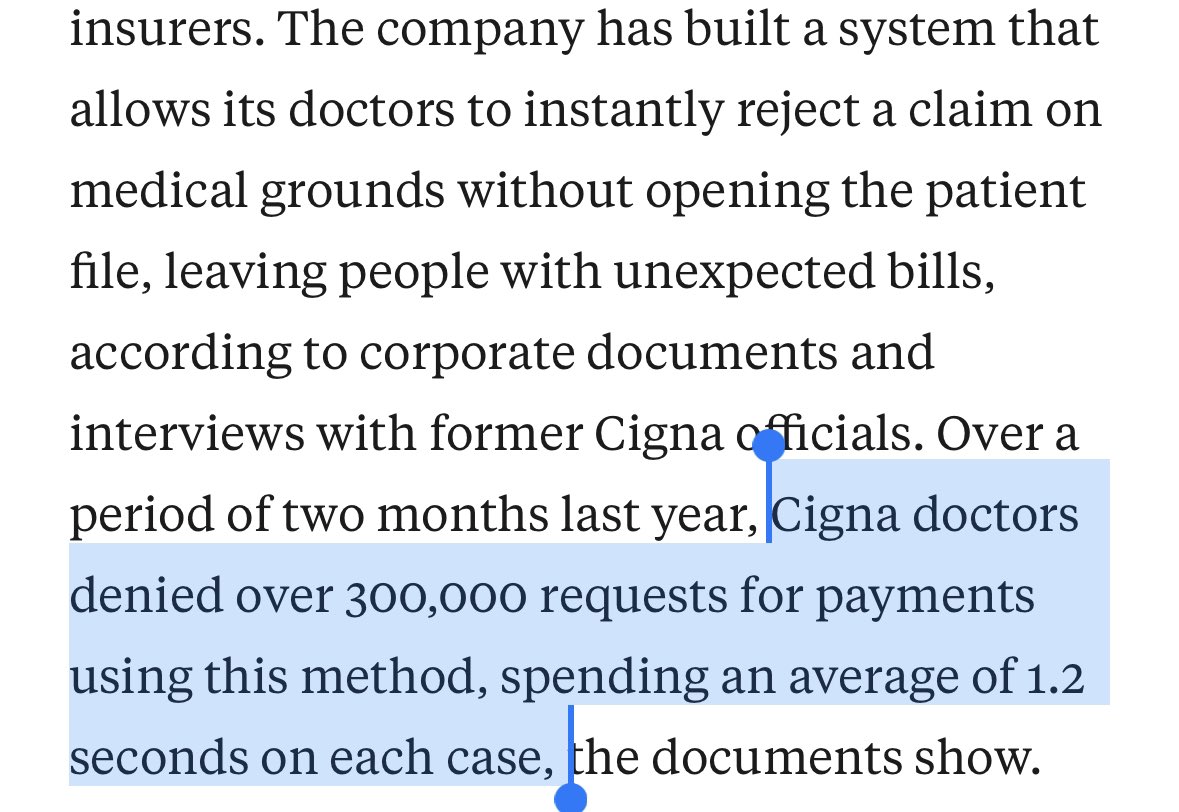
So what are #PBMs? Chances are, if your meds suddenly got changed by your insurer, or you’ve been waiting weeks on #priorauth for a med you need, or you pay $$$$$ for a drug in the US that is cheap overseas, you’ve already experienced a #PBM and didn’t even know… twitter.com/i/web/status/1…
That’s b/c #PBMs aren’t meant to be known, they’re meant to be a middleman in healthcare cutting in an extra layer of profit for them and an extra cost to you…wonder why #prescriptiondrug pricing makes no sense compared to prices in other countries? This is why.
Pharmacy Benefit Managers (PBMs) are third party entities paid by healthcare insurance companies to manage all things meds: the formulary (what is/isn’t covered), the price from manufacturer, and the cost (copay or “tier”) to the patient.
Sounds fine, but the devil’s in the details. PBMs make $ from the fee insurers pay them, but they also make money from “rebates” drug manufacturers give them for putting their drugs on formulary or a preferential tier. If it seems like their “rebate” is actually a kickback, 💯
The rebates (ahem, kickbacks) are based on a percent of the drug’s list price, so drug list prices get driven up as the manufacturer gets to claim a higher drug price (for their shareholder meetings) and the PBM enjoys a larger $ rebate…
These rebates (again, kickbacks) are completely non transparent and incentivize healthcare cost bloat. An expensive drug with a high rebate gets incentivized by the PBM and placed on a better tier vs. a similar, cheaper drug with no or little rebate.
So PBMs are artificially inflating prices and bankrupting the healthcare system to make a profit, but patients with insurance may or may not notice unless their drug changes tiers (change in copay) or comes off formulary. For uninsured patients, these inflated drug prices make… twitter.com/i/web/status/1…
PBMs have been described as the “mafia” of healthcare, and given the secrecy of their inner workings, their role as a middleman, ability to exploit and manipulate a market, and kickbacks that control what drugs Americans get to access, seems this is accurate…🤐
Not to absolve healthcare insurance companies of any fault…but when it comes to all the #prescriptiondrug issues with skyrocketing #drugpricing and limited access or obtuse “substitutes” to drugs you need, it’s probably more appropriate to blame their handler, the #PBM
• • •
Missing some Tweet in this thread? You can try to
force a refresh
 Read on Twitter
Read on Twitter








